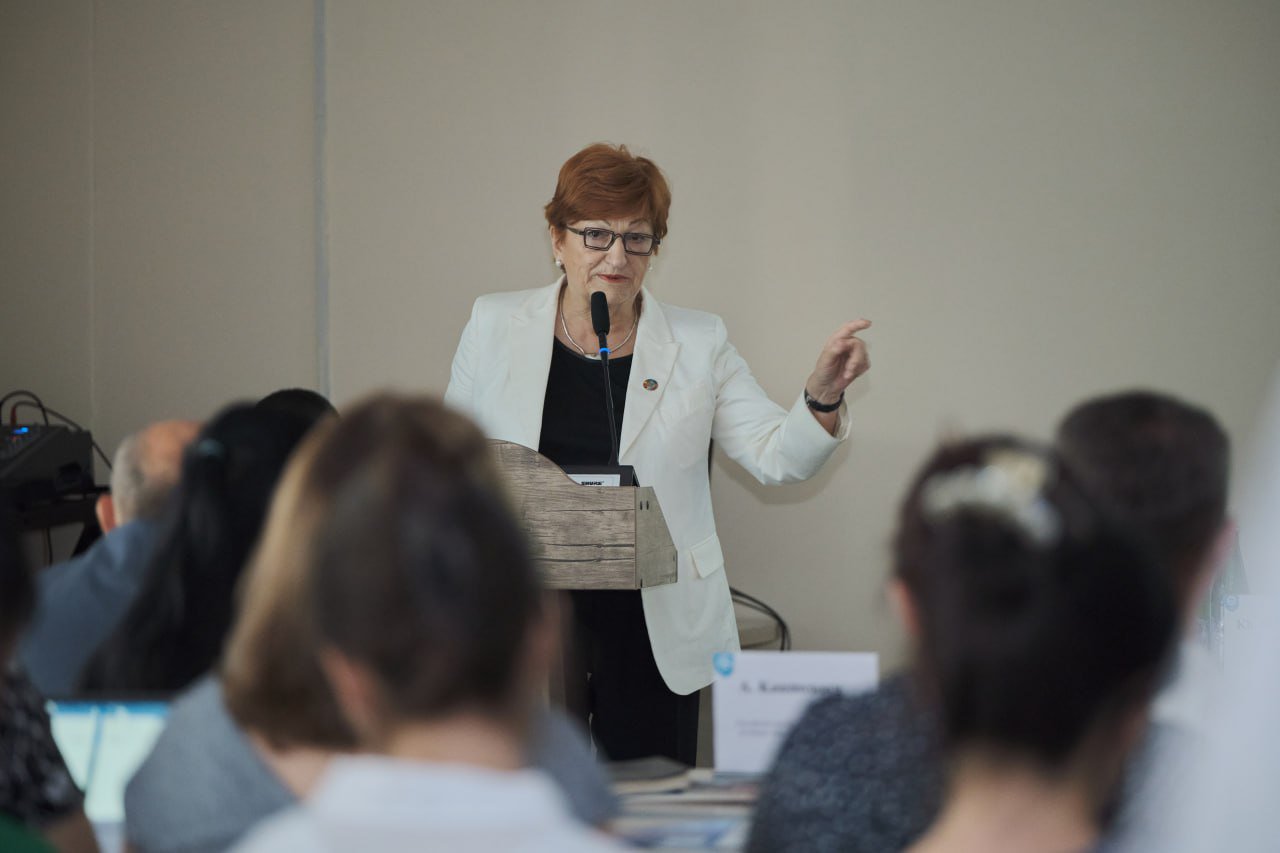
Today at Kimyo International University in Tashkent, together with Almaty Management University (Kazakhstan), an international conference was held on the topic "Management education for sustainable development of Central Asia"
The conference was attended by specialists in the field of higher education, representatives of government organizations, business and society.
The conference discussed the problems and trends facing management education. The speakers, who took part in the event with their presentations, emphasized the importance of management education for the sustainable development of the Central Asian region.
Currently, geopolitical, financial and technological changes that taking place in the world, the problems of climate change and migration are aggravating, and the challenges associated with growing energy demand and its production are becoming more acute. Consequently, as a result of the emerging problems, the responsibility for preparing people for a new era is assigned to all educational institutions and all stages of education. It is this responsibility that dictates the need to introduce new guidelines and methods into the education management system in the future.
In particular, Professor Danica Purg, head of the International Association for the Development of Management in Dynamic Societies, said in her speech that new times require new management schools, and new management schools require new teachers and researchers. “We need to find ways to increase flexibility and adaptability to these changes,” she stressed.
The conference also discussed the following topical issues related to education management: business prospects in the field of management education, the role of universities and business in achieving the UN sustainable development goals, problems of management education in the Central Asian region.
At the end of their presentations, the speakers held Q&A session with students and teachers, and exchanged views. And a campus tour was organized for foreign guests.





